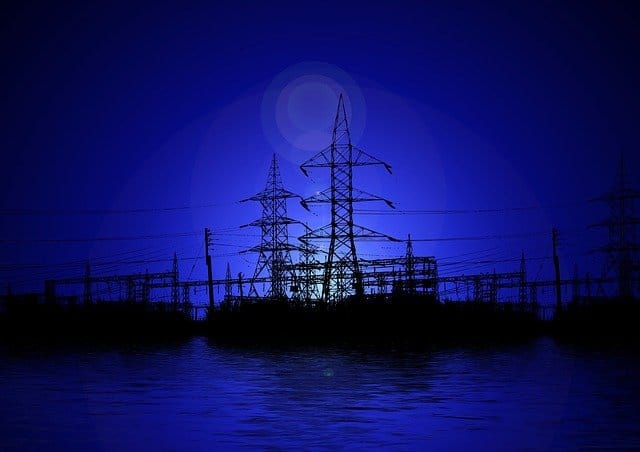
There are lots of small things that add to your electric bill. Little things in a typical American home that may cause a larger burden on your power supply–especially if there are more than one of them present at a time.
Some frugal bloggers talk about “vampire” power drains from always-plugged in televisions, computers, and other hardware, but this only represents a very small percentage (some sources claim 10%) of the small things that can add to your electricity bill. Instead of fussing over these nickel-and-dime issues, it’s very likely that you have much larger and more costly problems to deal with if you are noticing a spike in your electricity bills.
Small Things That Add to Your Electric Bill
Here’s something you might not have thought of–the design and efficiency of your windows. Some readers already get the idea–if you, in the dead of winter, can stand next to your windows and feel outside air coming in, you have a problem.
Sometimes the problem is that the windows need to be caulked, other times (especially with apartment windows where you can open a top window and a bottom window in the same section) you may have a window that is not completely closed.
The end result of this is that your heater must work much harder to maintain the constant temperature you set on the thermostat, consuming more power and driving your energy bills up.
Another small thing that adds to your electric bill? Not cleaning your ducts and replacing your furnace filter often enough. And it’s the same exact principle–your central air conditioning/heating unit has to work a lot harder with dirty ducts and a clogged air filter.
Take An Inventory
Those two examples above are definitely NOT the only ones that can work against you when trying to save money on your energy bill. What is best?
Take an inventory of your entire home–look for inefficient lighting (use LEDs and brighter bulbs), ways your central air is required to work harder in winter AND in summer, replace older appliances with new, Energy Star-rated versions, and try to adjust your habits to accommodate a slightly lower (or higher, in summer) temperature in the home.
Doing all these things can help you–not just in the immediate savings you might realize, but also in adopting a generally more frugal mindset. The more you make saving money in reasonable ways a lifestyle choice, the longer and more effectively you will stick with your program.
Don’t forget that in extreme cases, you may be able to hire an energy consultant to help you assess and evaluate what your home needs. An energy consultant might sound like a dodgy sort of occupation similar to a pet psychic.
But these are real, legitimate professionals who often work with lenders and borrowers on home loans for something called Energy Efficient Mortgage packages–addons to a mortgage or refinance loan for the purpose of installing energy saving upgrades to a home. Energy consultants are required for certain types of these loans and one could help you depending on circumstances.

Joe Wallace is a writer and editor from Illinois. He was an editor and producer for Air Force Television News for 13 years, and has served as Managing Editor for publications including Gearwire.com, and Associate Editor for FHANewsBlog.com. He is also an experienced book and script editor specializing in non-fiction and documentary filmmaking.
